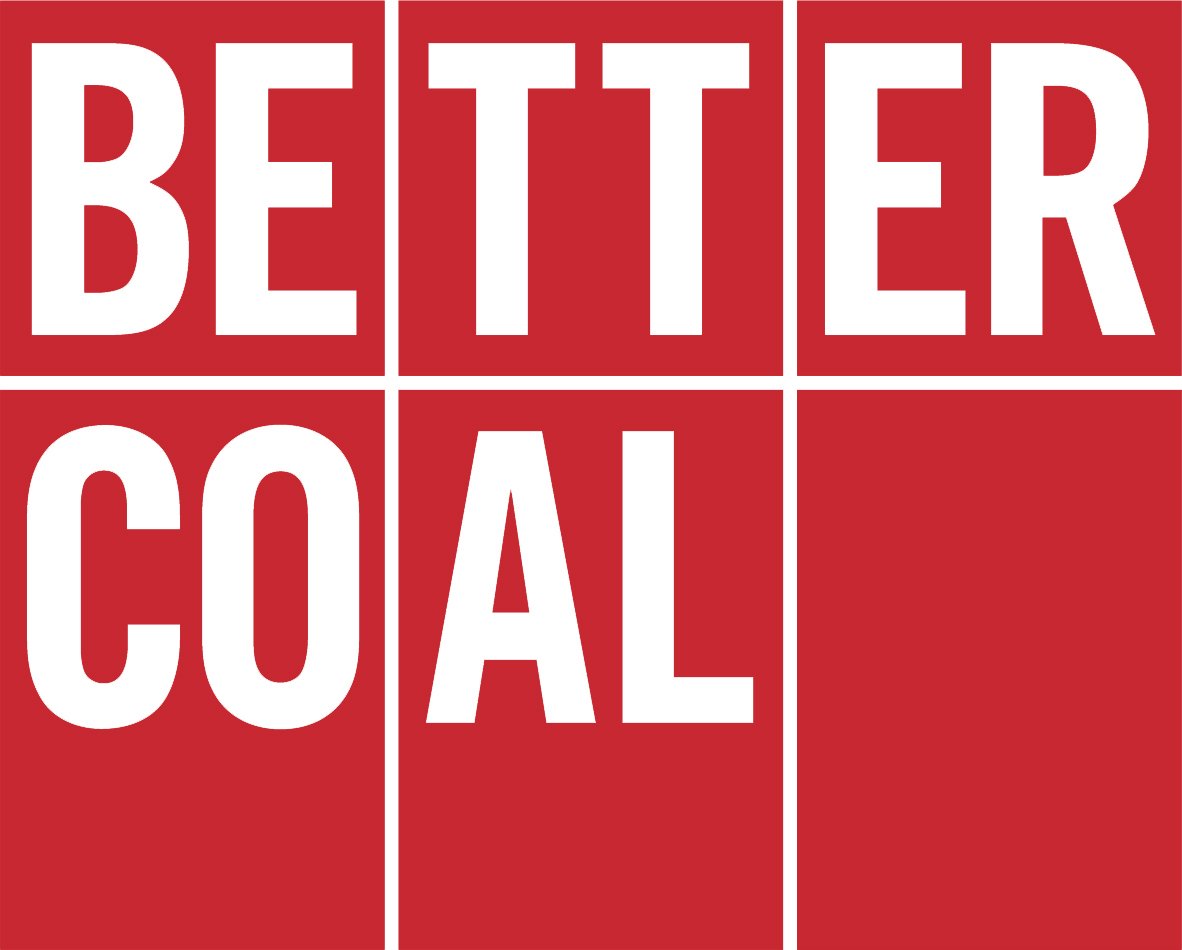Effectiveness of Certification for Responsible Mining Report by the University of Queensland
Bettercoal Executive Director, Martin Christie, was interviewed as part of a study published in June 2015 by the Centre for Social Responsibility in Mining (CSRM) at the University of Queensland
This is the first report of an on-going research project funded by the Tiffany & Co. Foundation, looking into the effectiveness of certification schemes in the mineral industry and the potential role sustainability certification schemes can play to improve standards for responsible mining.
The report found significant variation in how these schemes have been designed, reflecting historic and geographic context, industry, technology and demographic characteristics of participants, the level of transparency and accountability, and the stage of maturity or time since establishment of the initiative.
Highlights:
- Bettercoal is one of 15 sustainability certification schemes in the mineral industry analysed by the research. Others include: the Aluminium Stewardship Initiative (ASI), Conflict-Free Smelter Program (CFSP), Initiative for Responsible Mining Assurance (IRMA), Fairtrade and Fairmined Standards for Gold and Associated Precious Metals, Responsible Steel Stewardship (RSS), the Responsible Jewellery Council (RJC). Even though Bettercoal does not certify coal mine sites, it was incorporated in the scope of the research as a verification scheme.
- The majority of the schemes are new, with 73% of the schemes becoming operative within the last four years or planning to become operative within the next two years. The time to establish, develop and launch the schemes differed significantly among the schemes. Of the 15 schemes, Bettercoal had the shortest establishment period of all schemes and became operational only very shortly after the Code was launched. Others established earlier, but are still developing their standard.
- Areas the report looks at are: governance structure, revision process of the standard, stakeholder participation, complaints mechanism, type of assurance, assurance frequency, guidance, payment and oversight, and effectiveness of the scheme. There is a significant variation between the schemes on these areas; for example 40% of the schemes do not define minimum requirements of compliance and only 40% of the schemes make available to the public the assurance statements or the results of the assurance process.
Bettercoal will use the results and indicators used in the research for the ongoing development of its system.
